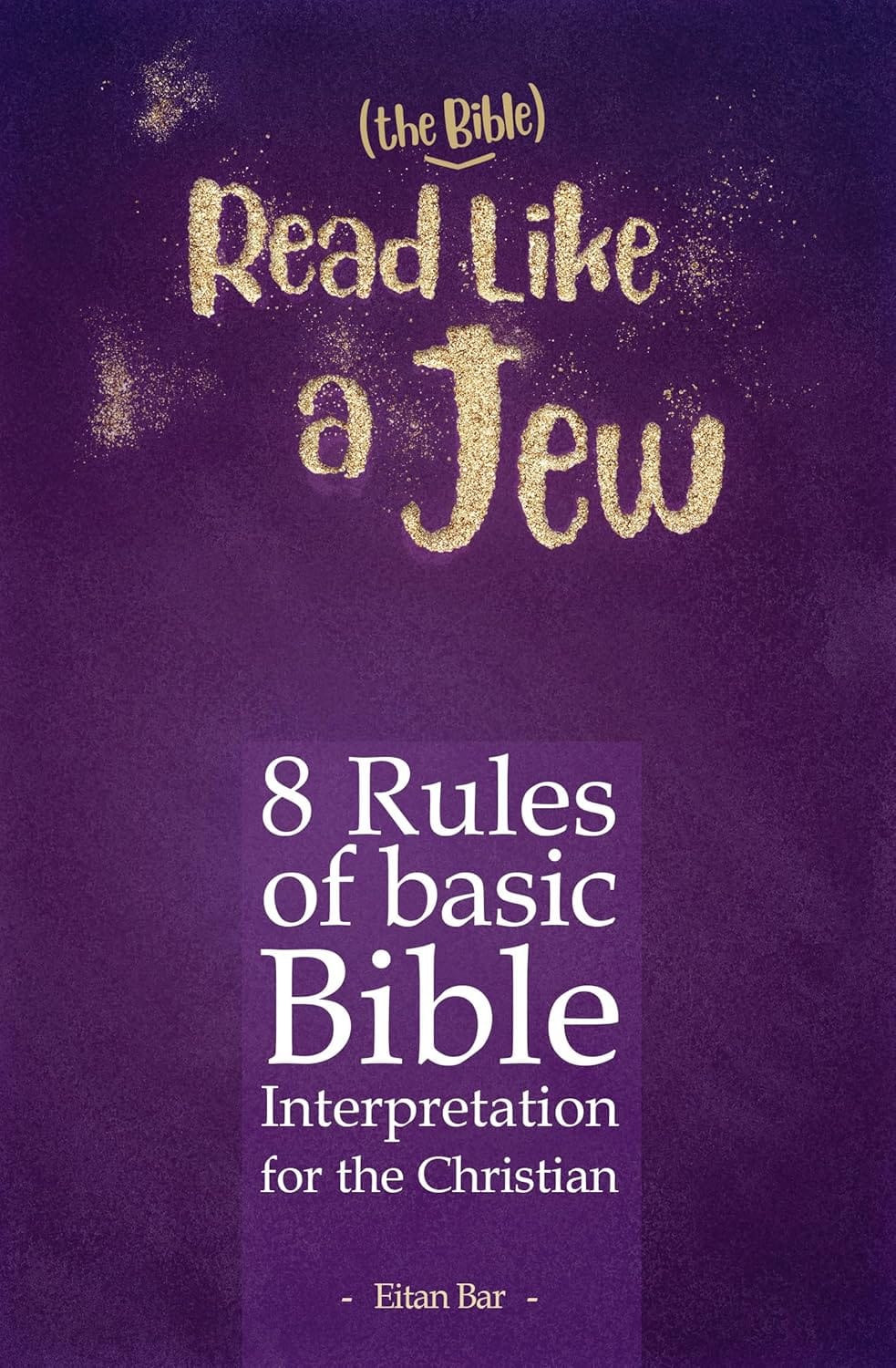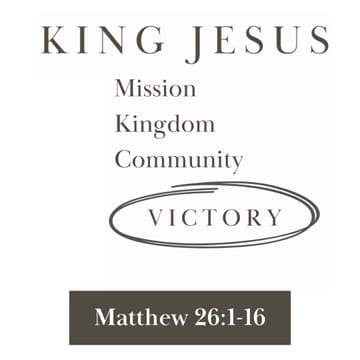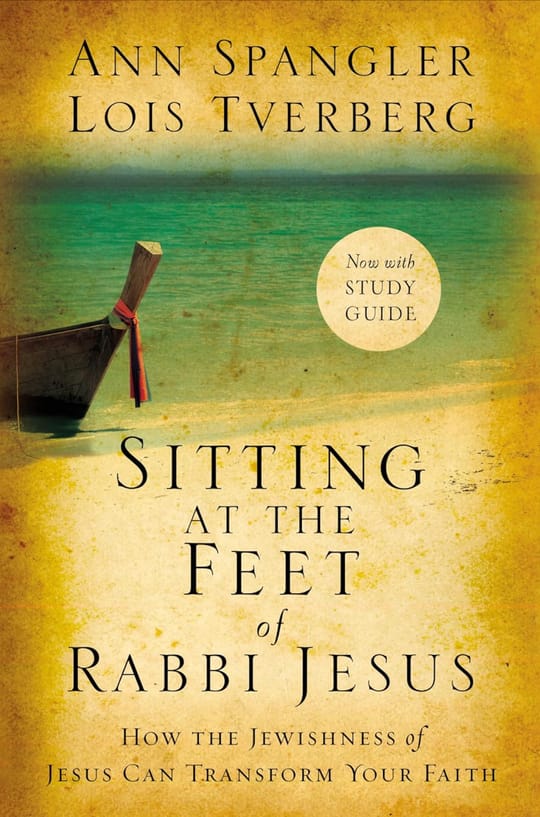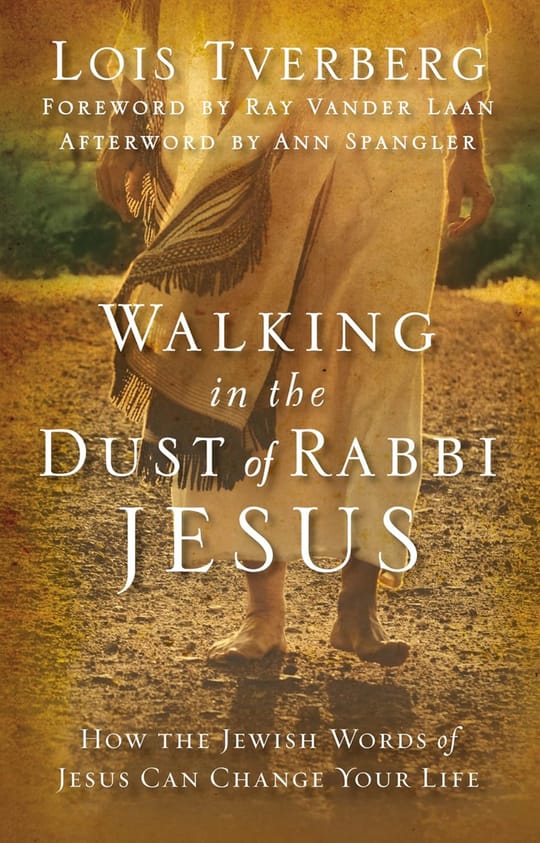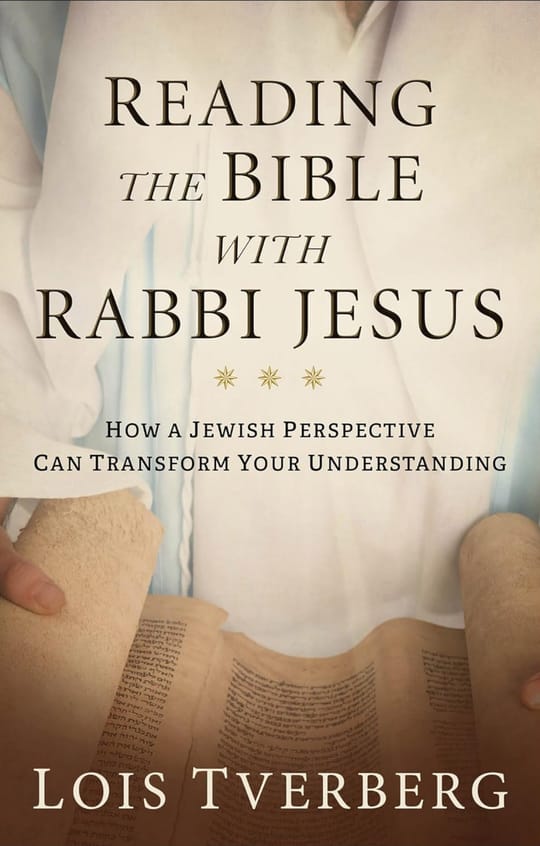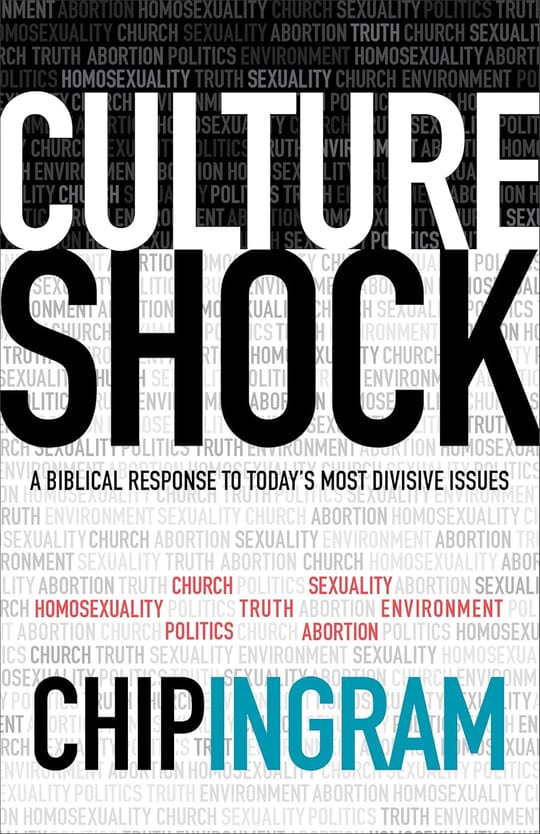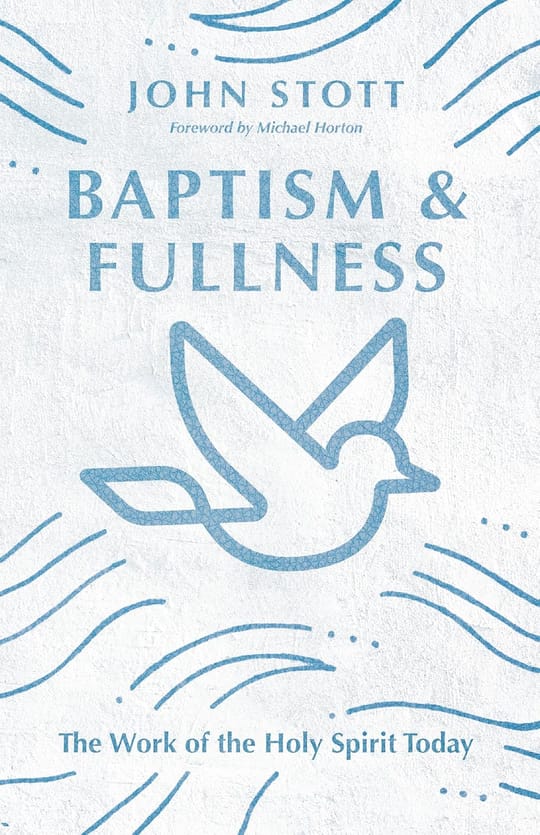Quick Synopsis: The Jewish community has been handling God’s Word longer than Christians. Understanding the Old Testament is the best way to understand the New Testament. This book teaches great principles for reading and understanding God’s Word.
Book Title: Read the Bible Like A Jew
Author: Eitan Bar
Amazon Bio: We are living in an era where the Bible is not just read regularly by Christians, but with the advent of social media, it seems almost everyone nowadays is sharing their own interpretation of it. However, despite the considerable time many individuals spend reading the scriptures, a significant number overlook or are unaware of the fundamental rules or principles of interpreting ancient texts correctly. This oversight can lead to misinterpretations of the biblical text with far-reaching consequences.
On the other side of the spectrum, scholars, including Christian scholars, dedicate a lifetime to learning how to read and interpret ancient texts like the Bible before daring to present their ideas and insights publicly. Similarly, the Jewish people, religious and non-religious alike, have been studying the Bible for thousands of years, sometimes beginning as early as age three, and have developed unique interpretative methods distinctive to Jewish people.
Dr. Eitan Bar, a Jewish-Christian scholar with advanced degrees in Bible, apologetics, and theology, is a unique combination. As a native Hebrew speaker and Bible scholar, he combines his Jewish background with his Christian education and faith to offer an accessible guide to understanding the Bible "like a Jew."
In his work, Dr. Bar shares eight fundamental yet profound rules or principles on how to read the Bible and understand what it actually says. He presents these principles in an easy-to-understand language enriched with relevant examples.
In, Read the Bible Like a Jew, Eitan Bar explores the Jewish cultural and historical context of the Bible, helping readers unlock deeper meanings behind familiar scriptures. His book encourages Christians to appreciate the Bible from the perspective of the people it was originally written for.
Key Takeaways:
- Understand the Cultural Context: The Bible was written by Jews, to Jews, and for a Jewish audience. Many nuances in the text are missed without understanding this context.
- Importance of Hebrew Language: The original Hebrew carries layers of meaning that often get lost in translation. Understanding key Hebrew words and their cultural implications can deepen your Bible study.
- The Role of Tradition: Jewish traditions and practices, such as the feasts and Sabbath, can illuminate aspects of scripture that may seem obscure to modern readers.
Action Steps:
- Study Jewish History and Culture: Begin learning about the cultural context in which the Bible was written. Books like Our Father Abraham by Marvin Wilson or The Jewish Jesus by David Stern can help provide a foundation. Take notes on how understanding Jewish customs can alter your reading of certain scriptures.
- Learn Key Hebrew Terms: Start by learning some of the most important Hebrew words used in the Old Testament, like hesed (loving-kindness) and shalom (peace). Reflect on how these words change your understanding of God’s character and promises.
- Celebrate a Jewish Holiday: Choose one of the biblical feasts, like Passover or the Feast of Tabernacles, to observe in your own life. This hands-on experience will give you a greater appreciation for the rhythms and traditions observed by the biblical authors.
- Re-read Scripture with Context in Mind: Go back to familiar passages in the Old Testament, but this time, try to read them from a Jewish perspective. Consider how the original audience would have interpreted those texts based on their own experiences and beliefs.
- Join a Messianic Jewish Fellowship: Consider attending a Messianic Jewish congregation or studying with believers who embrace both Jewish and Christian traditions. This will give you practical insights into how the Jewish context enriches a Christian’s faith.
